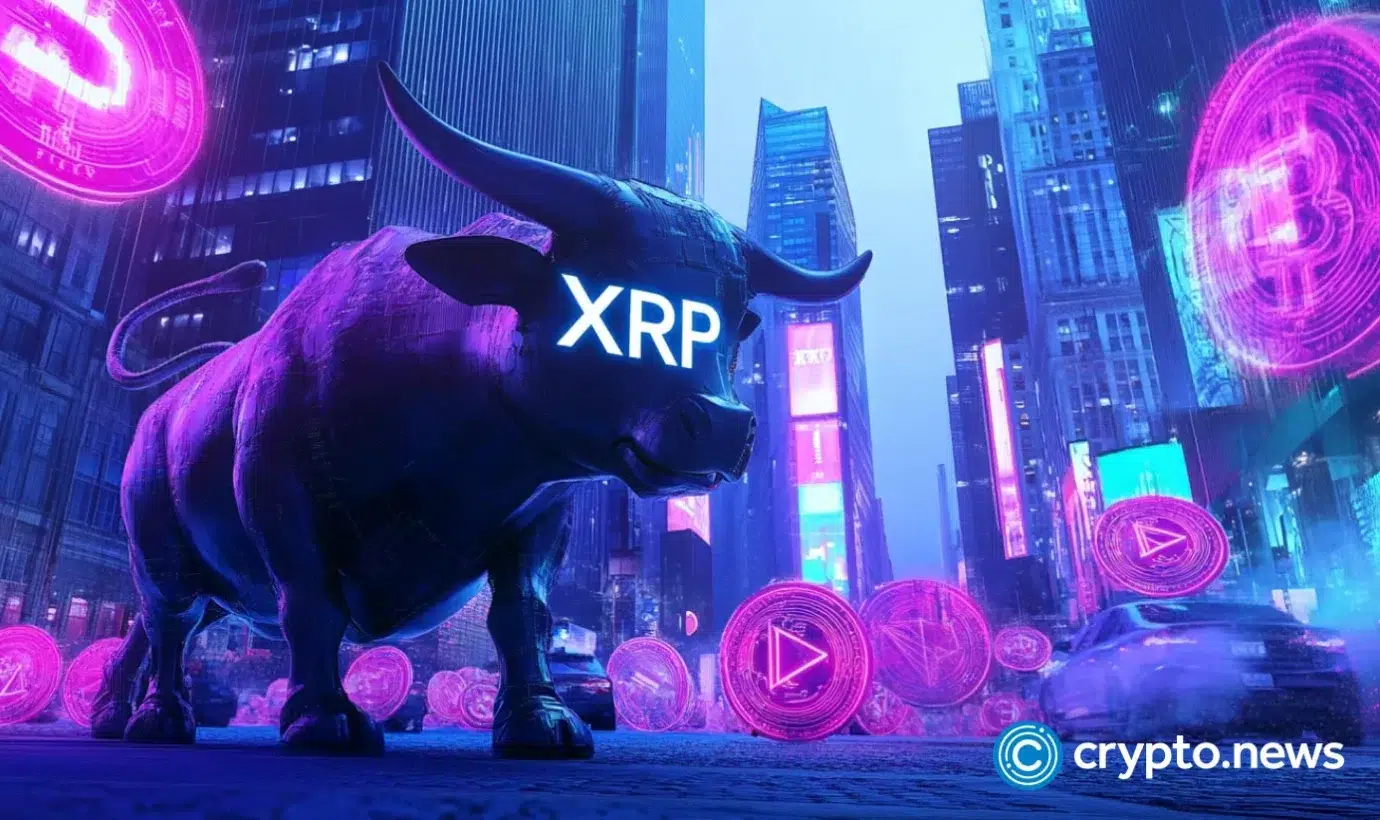Indonesia is considering tightening restrictions on online gaming after a 17-year-old blew up a mosque during Friday prayers on November 7 at the SMAN 72 high school in Jakarta. The improvised explosives reportedly injured 96 people, mostly teachers and students, with shrapnel wounds and burns.
Police identified the 17-year-old male student as the primary suspect, according to local media reports. Budi Hermanto, the Head of Public Relations for the Jakarta Metropolitan Police, Senior Commissioner, said the perpetrator was also caught in the blast and is nursing head injuries and a concussion as investigations continue.
Investigative authorities have recovered a Molotov cocktail, unused improvised explosives, a body vest, a revolver pistol, and airsoft rifles covered in white supremacist symbols. The etchings also include 14 words and names of mosque attackers, such as Brenton Tarrant.
Diyah Puspitarini, a Commissioner at the Indonesian Child Protection Commission (KPAI), said her party is organizing evidence collection teams from the institution and the relevant ministry. She explained that the teams would visit the suspect’s family to gather information about his condition at home.
The teams will also include psychologists from KPPA and social workers. Apart from questioning the suspect’s family, Puspitarini also disclosed that the KPAI has ordered the Indonesian Forensic Psychology Association (APSIFOR) to run a background check on the alleged perpetrator.
Hadi says the president ordered online gaming restrictions
Indonesian Gerindra Party politician Mensesneg Prasetyo Hadi said the government has plans to mitigate the negative impacts of online gaming. The State Secretary Minister asserted that restrictions need to be considered because many weapons are now becoming easy to learn (and use). Hadi is particularly concerned that the profound psychological effect leaves children abnormally accustomed to violence.
He revealed that President Prabowo Subianto has recommended these restrictions on online games, particularly those involving violence. The Minister emphasized that this was a direct consequence of the explosions that occurred at SMAN 72 Jakarta.
According to Hadi, President Subianto is convinced that some of these online games contain content that is not suitable, which may affect his country’s future generations. The Indonesian Child Protection Commission (KPAI) also went into the field to find the real facts behind the school bombing incident.
Sumardi claims suspect was a victim of bullying
Ito Sumardi, former Head of the Criminal Investigation Unit of the Indonesian National Police, claims the suspect was retaliating against bullying. Preliminary reports based on students’ testimonies revealed that the suspect frequently experienced bullying.
Sumardi also explained that there are theoretically two categories of terrorist actions: Lone Wolf or network terrorism, and the alleged perpetrator appeared to be an independent terrorist. He categorized the teen perpetrator as a lone wolf because the suspect’s sole temporary judgment and actions caused the tragedy. There were no orders from anyone, but the suspect’s own experiences made him carry out the act.
According to Sumardi, the suspect planned to detonate several improvised explosives, adding that the perpetrator simply did not care how significant the impact of the explosion would be. He mentioned that police reports confirmed the perpetrator detonated seven explosives.
The former senior police officer also claimed that the suspect could have learned how to make explosives through social media. He pointed out that the 17-year-old may have been inspired by terrorists abroad because the world is now deep into the digital age.
Sumardi suspects that the young man’s frequent interaction with violent, bloody images and the American flag may have triggered the retaliatory bombing. However, he acknowledged that it is difficult to monitor children who are hurt and seeking revenge.
Sharpen your strategy with mentorship + daily ideas – 30 days free access to our trading program
Source: https://www.cryptopolitan.com/indonesia-mulls-blocking-online-gaming/


